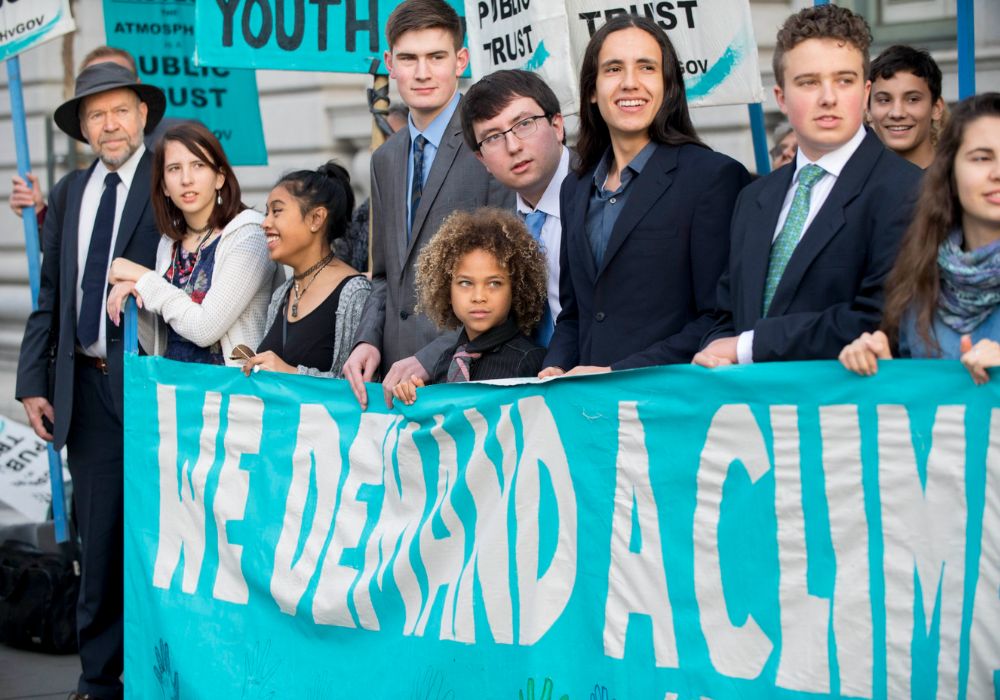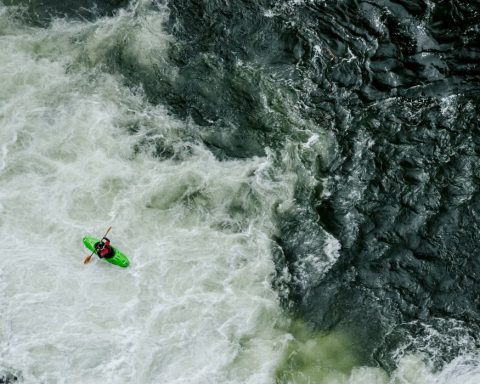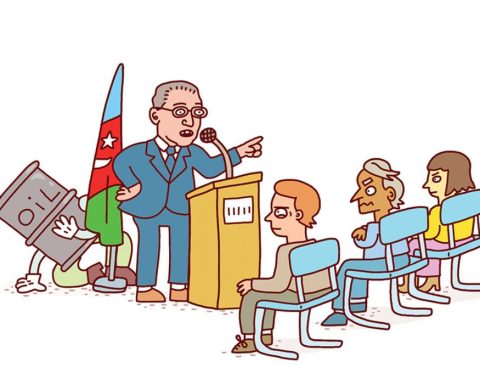When Levi Draheim was eight years old, the Florida resident was the youngest plaintiff in a landmark climate lawsuit case in the United States. Nearly a decade later, and now able to drive, Levi and his 20 fellow youth co-plaintiffs are refusing to back down as they seek to get a court to finally hear their claims.
It has been a long and obstacle-ridden road for Juliana v. United States, a case that argues that the government’s actions that cause climate change have violated the youngest generation’s constitutional rights to life, liberty and property.
“This is no ordinary lawsuit,” Judge Ann Aiken, the Oregon District Court judge who has presided over much of the legal drama, declared back in 2016, when she first paved the way for the lawsuit to proceed to trial. In that ruling, Aiken denied a motion by the administration of President Barack Obama to have the case dismissed for lack of subject-matter jurisdiction. The case was groundbreaking because it was the first to frame a climate case around constitutional rights. And it would have been the first time that fossil fuel policy confronted climate science in the courts in the U.S. But that trial never happened, and instead it has been years of the Obama, Trump and most recently Biden administrations trying to delay, halt or vanquish the lawsuit altogether. It is no wonder, as the youth originally went for the climate jugular, so to speak, demanding that the court order the government to “swiftly phase-down CO2 emissions aimed at atmospheric CO2 concentrations that are no more than 350 [parts per million] by 2100, develop a national plan to restore Earth’s energy balance, and implement that national plan so as to stabilize the climate system.” They later pared down their demands in response to a court ruling.
The case appeared to have crossed its last hurdle in December, as Judge Aiken declared – again – that the youth could proceed to a trial. And then a new barrage of opposing motions emanated from the Department of Justice, under President Joe Biden, including an unprecedented seventh petition (following six by the Trump administration) for “writ of mandamus,” a rare legal tool that would shut down the case before evidence is heard. In May, the Ninth Circuit Court of Appeals granted the petition.
But if the government is relentless, so too are the youth. In September, they filed a motion at the Supreme Court, asking it to “reverse an egregious error” by the Ninth Circuit Court that “flagrantly disregarded” the limits Congress and the Supreme Court placed on its jurisdiction. “This case is about addressing the climate crisis and protecting our fundamental rights like our right to life and freedom,” said 18-year-old Avery, one of the plaintiffs in the case, in a statement. “However, it is also about ensuring access to justice.”
Juliana v. United States is one of a number of youth-driven climate cases that have experienced varying degrees of success in the U.S. and abroad. Last year, a Montana judge ruled that the state of Montana violated the constitutional rights of 16 young plaintiffs to a clean and healthful environment through legislation, enacted in 2011, that limits the environmental factors that can be considered when approving oil and gas projects. The court declared that legislation unconstitutional and ordered that Montana consider climate change and the emission of greenhouse gases when approving fossil fuel projects. An appeal of that decision was heard in July, and a decision is pending.
RELATED:
How a landmark youth climate ruling in Montana is reverberating across Canada
Heroes: How these Swiss seniors won first-ever climate case in international court
Courts open the door to more climate lawsuits
In Canada, a decision is still pending on Mathur v. Ontario, the first Charter-based climate case to reach a trial in this country. A court dismissed the case in 2023, but the seven youth who brought the arguments forward appealed that decision in January and are awaiting a ruling. Another Canadian youth climate case involving 14 children and teens from seven provinces and one territory will be proceeding to trial, expected to take place in 2025.
Lawyers for the Juliana case note that it has inspired other cases, like one in South Korea, where the Constitutional Court this year declared a provision of the country’s climate law unconstitutional, a milestone in climate litigation in Asia.
“This declaration of youths’ rights and the government’s wrongs is a testament to the leadership of youth plaintiffs and their relentless advocacy for a safe and livable future, and of another judiciary doing its job,” said Julia Olson, co-executive director and chief legal counsel with Our Children’s Trust, a U.S. non-profit behind the Juliana case. “We hope it serves as a clarion call for U.S. courts to follow suit.”







